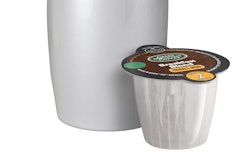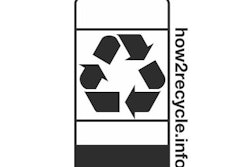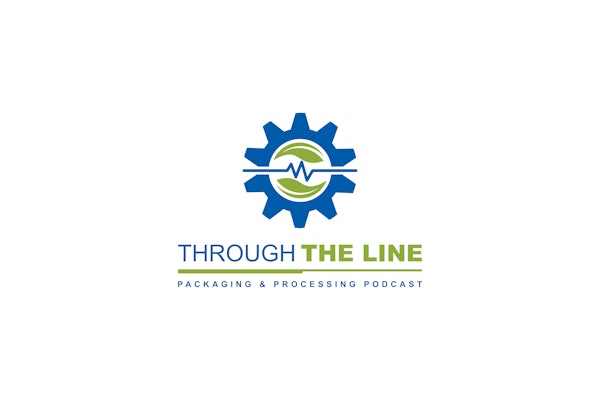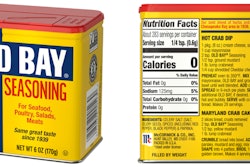Tetra Pak continues progressing towards its 2020 environmental goals, passing several important milestones in its journey to develop sustainable products, reduce the environmental footprint of the value chain and increase recycling.
2014 saw the global launch of the world’s first fully renewable carton package, the Tetra Rex® Bio-based. Made solely from paperboard and plant-based plastics, including the TwistCapTM OSO 34 bio-based opening, the package is currently being trialled by Finnish dairy producer Valio.
Tetra Pak also secured Forest Stewardship Council™ (FSC™) Chain of Custody certification for the last seven of its 92 facilities and legal entities worldwide. This means the company can deliver FSC-labelled packages from anywhere in the world, including the converting factories serving customers in the U.S. and Canada, marking an important step towards its goal of using only FSC certified paperboard in all of its products.
Tetra Pak introduced a number of new food processing and packaging solutions to help customers reduce their own environmental impact, while also improving their operational efficiency. These included:
- The Tetra Therm® Aseptic Flex, a continuous aseptic processing unit that offers dairy producers the highest levels of UHT performance at the lowest environmental impact and total cost of ownership
- A new high-acid juice pasteurization process that can save manufacturers up to 20% on energy consumption, by reducing the temperature of the second pasteurization process from 95°C to 85°C, without compromising the safety or quality of the finished product
- An Environmental Benchmarking Service to help food and beverage companies assess the environmental performance of their production operations, and to identify opportunities for improvement
- A broader range of bio-based caps and closures. Depending on type, a bio-based cap reduces CO2 emissions by between 14% and 19% compared with its fossil-fuel derived equivalent
As a founding member of the Carton Council of North America, Tetra Pak continuously works to increase household access for carton recycling and carton recycling rates.
Over the past six years, carton recycling access in the U.S. has grown 194$. Now more than 62.4 million households can recycle cartons. In January of 2015 alone, more than 500,000 new households gained access to carton recycling. Today, 54% of U.S. households across 48 states can recycle their food and beverage cartons through local curbside recycling and drop-off programs. Carton Council has also joined the board of the Recycling Partnership, an organization set to increase recycling across the U.S.
In Canada, carton recycling rates continue to climb. As of January 2015, 95% of Canadians have access to carton recycling and the nationwide carton recycling rate has reached 51%. In Quebec, carton collection has reached the same rate PET, boasting a collection rate of 61%.
“Moving To The Front”
In 2014, Tetra Pak U.S. and Canada launched "Moving To The Front," an initiative that highlights the issues of resource scarcity and encourages suppliers, manufacturers, brand owners, NGOs and others to expand focus from the mid and end of the packaging life cycle to the beginning. Moving to the Front encourages industry practices that embrace sustainable material sourcing and use of renewable resources, with strong emphasis on how these practices can create long-term shared value for businesses and society.
In February 2015, Tetra Pak further advanced its efforts to build awareness around resource scarcity, joining Conservation International’s Business and Sustainability Council (BSC), a forum of like-minded companies who are collaboratively seeking the most effective way to address the pressing environmental challenges we face. Under the membership, CI and Tetra Pak will work to help industry and others better understand the value and benefits associated with improved resource management practices, including research to examine the connection between use of renewable materials and climate mitigation. Learn more about Moving To The Front at www.doingwhatsgood.us/moving-to-the-front.


























